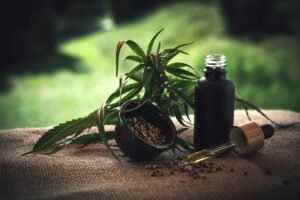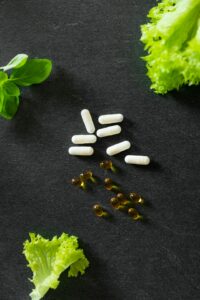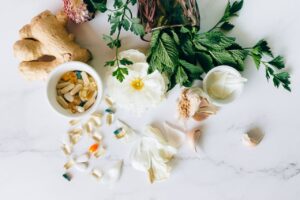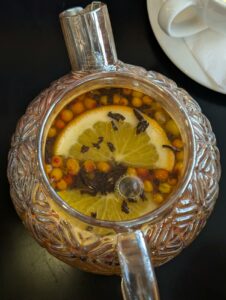Using Herbal Infusions to Improve Sleep and Maintain a Calm Mind
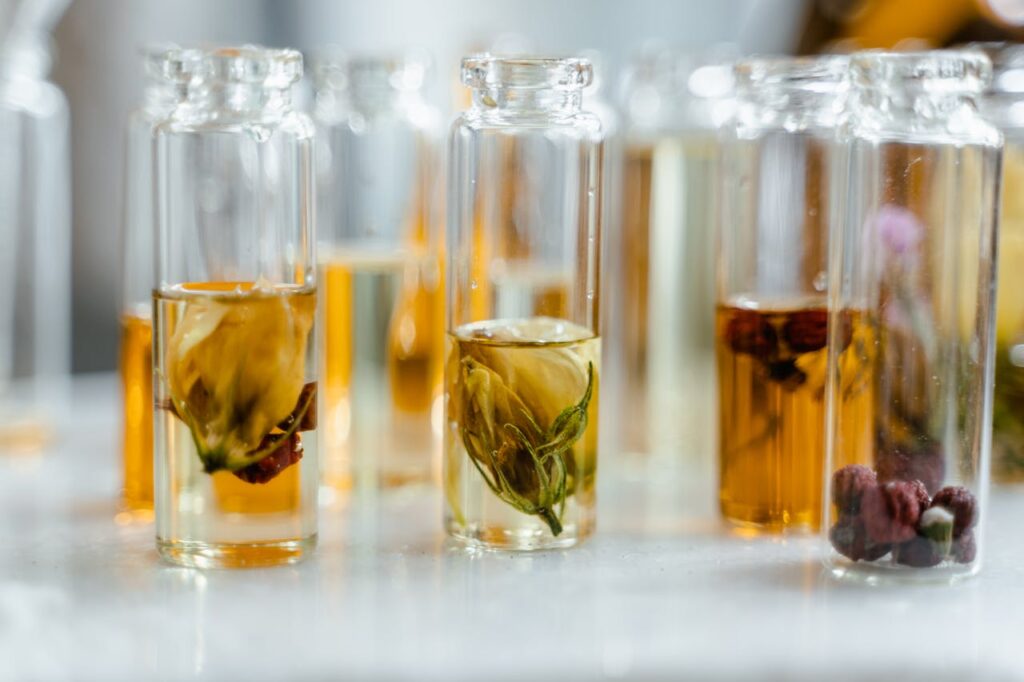
Using Herbal Infusions to Improve Sleep and Maintain a Calm Mind
Stress, worry, and restless nights are becoming more widespread in today’s society, which is characterized by a rapid pace of life. There are many individuals who are resorting to natural treatments in order to restore calm and increase the quality of their sleep, despite the fact that contemporary medicine provides prescription options. Herbal infusions, which are straightforward teas prepared from leaves, flowers, roots, and seeds, have been used for ages due to their ability to facilitate relaxation, alleviate tension, and encourage restful sleep.
This article examines the most effective herbal infusions for achieving a state of mind that is conducive to quiet sleep, as well as providing useful advice for preparing and consuming these infusions.
1. What Role Do Herbal Infusions Play in Bringing About Sleep and Calmness?
Flavonoids, terpenes, and essential oils are examples of bioactive substances that may be found in herbal infusions. These compounds have the ability to interact with the neurological system. Numerous herbs have the ability to lower cortisol levels, function as mild sedatives, and quiet brains that are hyperactive. In contrast to drinks that contain caffeine, herbal infusions do not contain caffeine by their very nature, making them an excellent choice for consumption in the evening.
2. Chamomile infusion, the time-honored remedy for insomnia
It is possible that chamomile is the most well-known plant for facilitating sleep and overall relaxation.
Advantages:
- Apigenin, an antioxidant that binds to brain receptors and so reduces anxiety, is included in this product.
- Assists in de-stressing the neurological system and treating sleeplessness.
- It alleviates irritation in the digestive tract, which may occasionally prevent one from falling asleep.
- The Way to Get Ready: In a pot of boiling water, steep one to two tablespoons of dried chamomile flowers for five to seven minutes. Drink around half an hour before going to bed.
3. Lavender Infusion: A Distinctive and Relaxing Aroma
The infusion form of lavender is just as efficient for relieving stress as the aromatherapy use of lavender, which is commonly employed.
Advantages:
- Reduces feelings of worry and mental exhaustion.
- Increases both the quality and length of sleep.
- Facilitates relaxation by providing a flowery scent that is calming and comforting.
- The Way to Get Ready: Five minutes should be spent allowing one teaspoon of dried lavender buds to steep in one cup of boiling water. Drink it in the evening after straining it.
4. An infusion of lemon balm (Melissa) that is both uplifting and relaxing
In addition to having a somewhat zesty taste, lemon balm is well-known for the mood-enhancing benefits it has.
Advantages:
- This helps to alleviate minor anxiety and restlessness.
- It helps maintain calm attention without causing sleepiness.
- Assists in relaxing the digestive tract, which is often overwhelmed by worry.
- The Way to Get Ready: In a pot of boiling water, steep one to two tablespoons of fresh or dried lemon balm leaves for seven to ten minutes.
5. An infusion of passionflower, sometimes known as nature’s tranquilizer
The passionflower is a potent plant that may help those who are having trouble sleeping or battling with racing thoughts.
Advantages:
- Increases levels of GABA, a neurotransmitter in the brain that is responsible for reducing anxiety.
- Allows for a more peaceful and deep sleep.
- Stress and hyperactivity in the neurological system are reduced.
- The Way to Get Ready: Allow one teaspoon of dried passionflower to steep in ten minutes of boiling water on its own. A drink before going to bed.
6. Valerian Root Infusion: A Supportive Formula for Deep Sleep
It is well knowledge that the root of the valerian plant has a sedative effect.
Advantages:
- It is helpful for those who have trouble getting asleep and staying asleep.
- Increases the quality of sleep cycles and decreases restlessness throughout the night.
- This treatment is most effective for persistent insomnia and sleep problems caused by stress.
- The Way to Get Ready: In a pot of boiling water, steep one teaspoon of dried valerian root for ten to fifteen minutes. Eat thirty to forty-five minutes before going to bed.
7. An Adaptogen With Stress-Relieving Properties: Holy Basil (Tulsi) Infusion
In traditional medicine, holy basil, also known as tulsi, is highly revered for its ability to make one feel more at ease.
Advantages:
- Helps to reduce stress and maintains a healthy cortisol level.
- The immune system, which is often weakened by prolonged stress, is supported.
- enables one to get both mental clarity and relaxation at the same time.
- Ten fresh tulsi leaves in boiling water for seven to ten minutes. This is the preparation method. Honey may be added if desired.
8. Infusion of peppermint, which is both invigorating and calming
In addition to its effectiveness in digestion, peppermint has been shown to have a relaxing impact on the nervous system.
Advantages:
- Tension headaches and mental exhaustion are alleviated by this.
- Facilitates relaxation without inducing sleepiness to accompany it.
- Assists with the comfort of the digestive system, which may lead to improved sleep.
- The Way to Get Ready: For five to seven minutes, steep one teaspoon of dried peppermint leaves in water that has been heated.
9. Combining Herbs to Achieve Extensive Effects
Both the taste and the efficacy of herbs may be improved by combining them. Blends that are popular for promoting sleep and serenity include:
- A soothing and fragrant combination of chamomile and lavender.
- The combination of lemon balm and peppermint is both uplifting and calming.
- The combination of tulsi and passionflower is an effective stress reliever and sleep aid.
- A helpful hint is to always begin with a tiny quantity in order to see how your body reacts before moving on to more potent mixtures.
10. Suggestions for a Herbal Tea Routine Will Help You Relax
- If you want the finest benefits, drink your infusion thirty to sixty minutes before going to bed.
- To get the most out of your herbs, choose either fresh or dried herbs of good quality.
- Caffeine and sugar-based sweeteners, both of which have the potential to disrupt sleep, should be avoided.
- A relaxing routine may be created by dimming the lights, taking deep breaths, and sipping gently.
11. When to Engage the Services of a Professional
- However, herbal infusions may interfere with some drugs, despite the fact that they are normally harmless.
- It is recommended that women who are pregnant or nursing get the advice of a medical professional before consuming sedative herbs such as valerian or passionflower.
- Insomnia or anxiety that persists over time should be examined by a trained health practitioner.
Herbal infusions provide a method that is not only effective but also natural, mild, and helps to relax the mind and increase the quality of sleep. If you are experiencing any kind of stress or difficulty sleeping, there is a herbal infusion that may help you. These infusions range from the traditional calming chamomile to the deeply relaxing valerian root. When you make these teas a regular part of your evening routine, you may experience a more restorative sleep as well as a mind that is calmer and more balanced.
